12 Quiet Places to Catch the Stars Without a Telescope
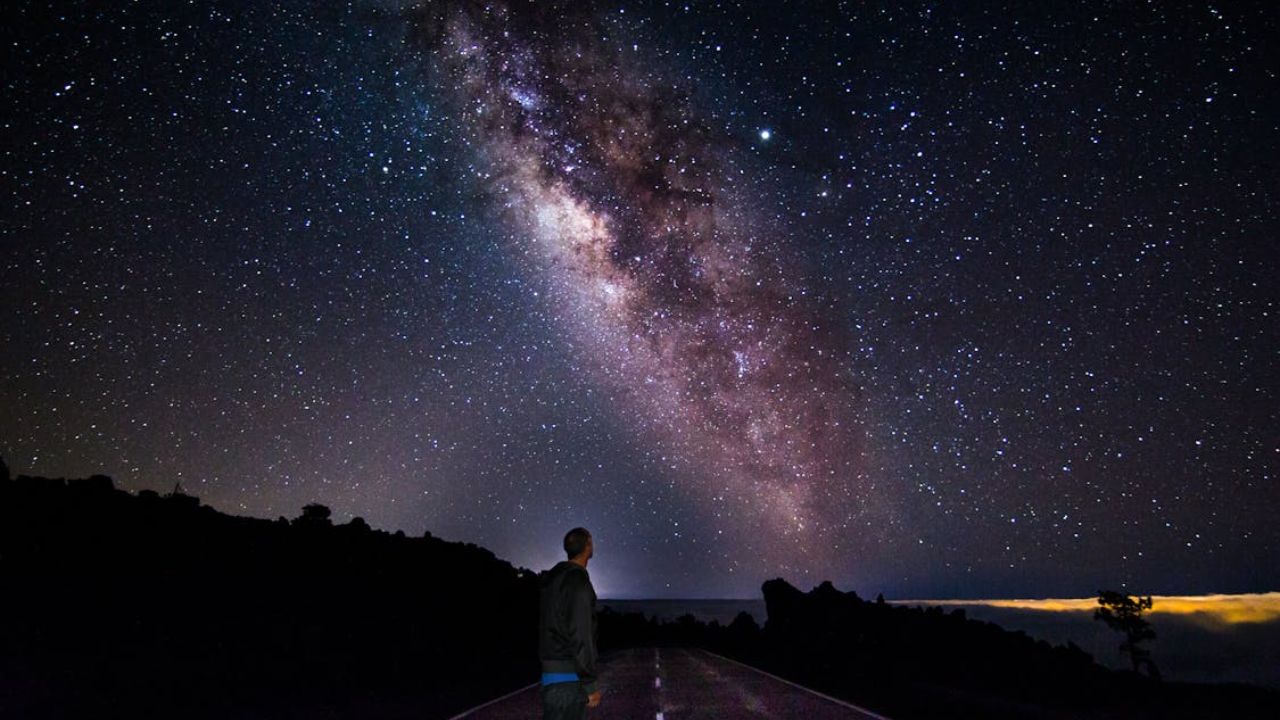
Not every stargazing trip needs a telescope or expert-level knowledge. Sometimes, all it takes is a quiet place, a clear sky, and a few hours away from city lights. Across the U.S. and beyond, there are peaceful destinations where the stars shine bright enough to spot with the naked eye. Whether you’re hoping to see the Milky Way, catch a meteor shower, or simply lie back and breathe, these 12 spots offer the perfect blend of serenity and sky magic, no equipment required.
Flagstaff, Arizona
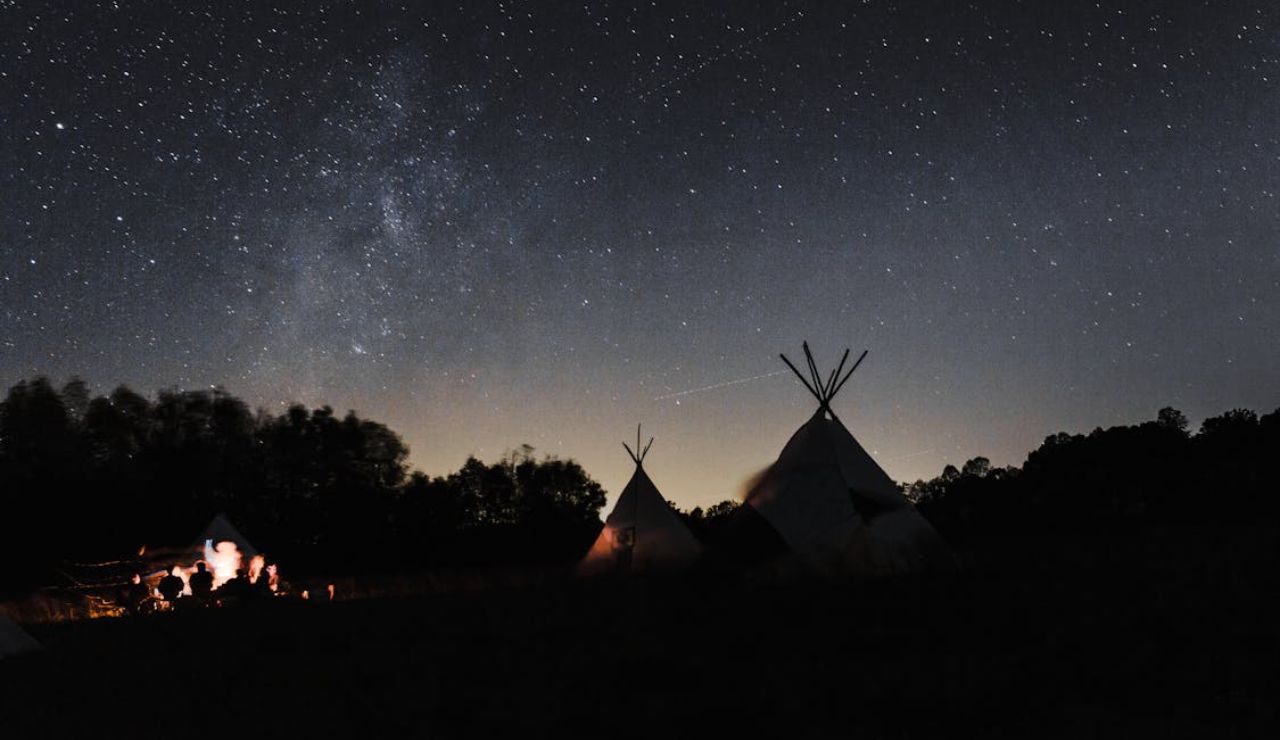
Flagstaff was the world’s first International Dark Sky Community and remains a leader in light pollution control. Home to Lowell Observatory, visitors can stargaze from the Giovale Open Deck Observatory or the rooftop Dark Sky Planetarium. The city’s elevation and ordinances make its skies unusually clear. Whether you wander downtown or hike a nearby trail, you’ll find countless constellations waiting above. Stargazing here is easy, no telescope needed, just your eyes and a dark spot.
Moab, Utah
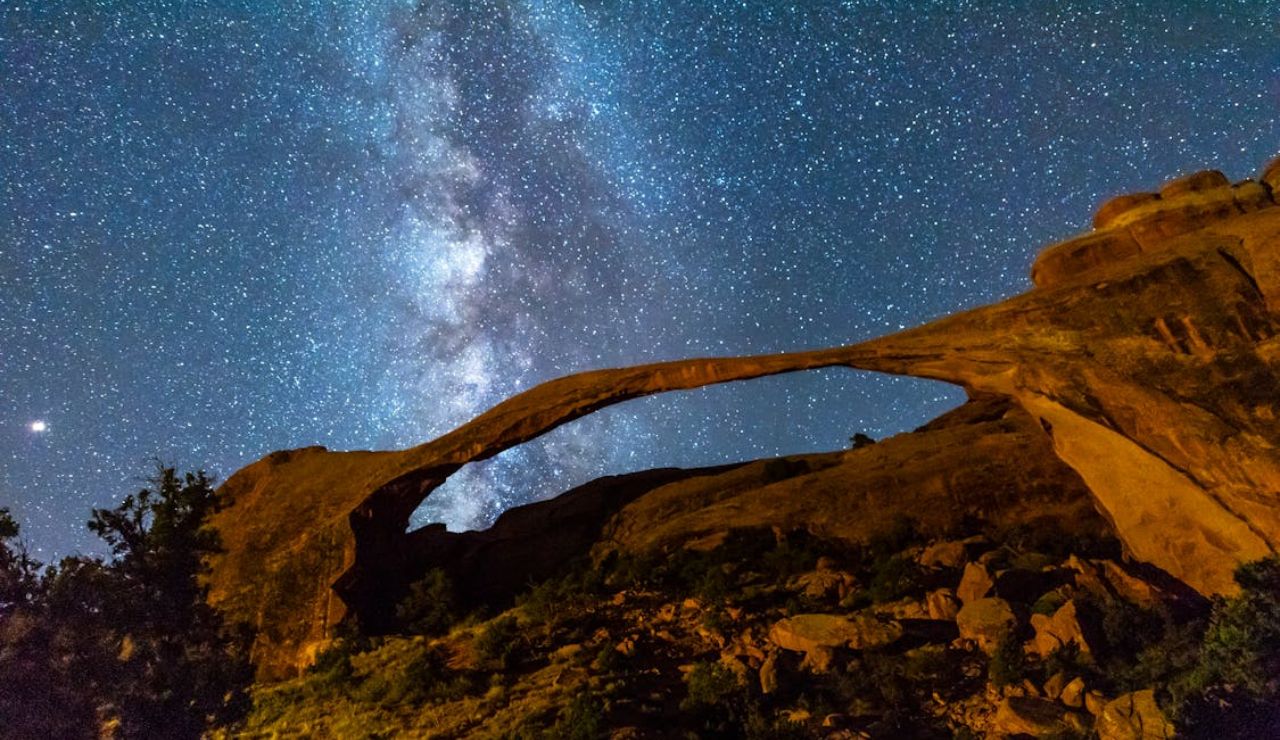
Moab offers access to both Arches and Canyonlands national parks, making it one of the most striking Dark Sky Communities. Its towering arches and desert plateaus frame a Milky Way-filled sky. With minimal light pollution and clear desert air, stargazing is both immersive and accessible. Many glamping resorts offer sky-viewing windows and guided astronomy walks, but you only need to look up to be amazed by the stars dancing above the red rocks.
Big Bend International Dark Sky Reserve, Texas
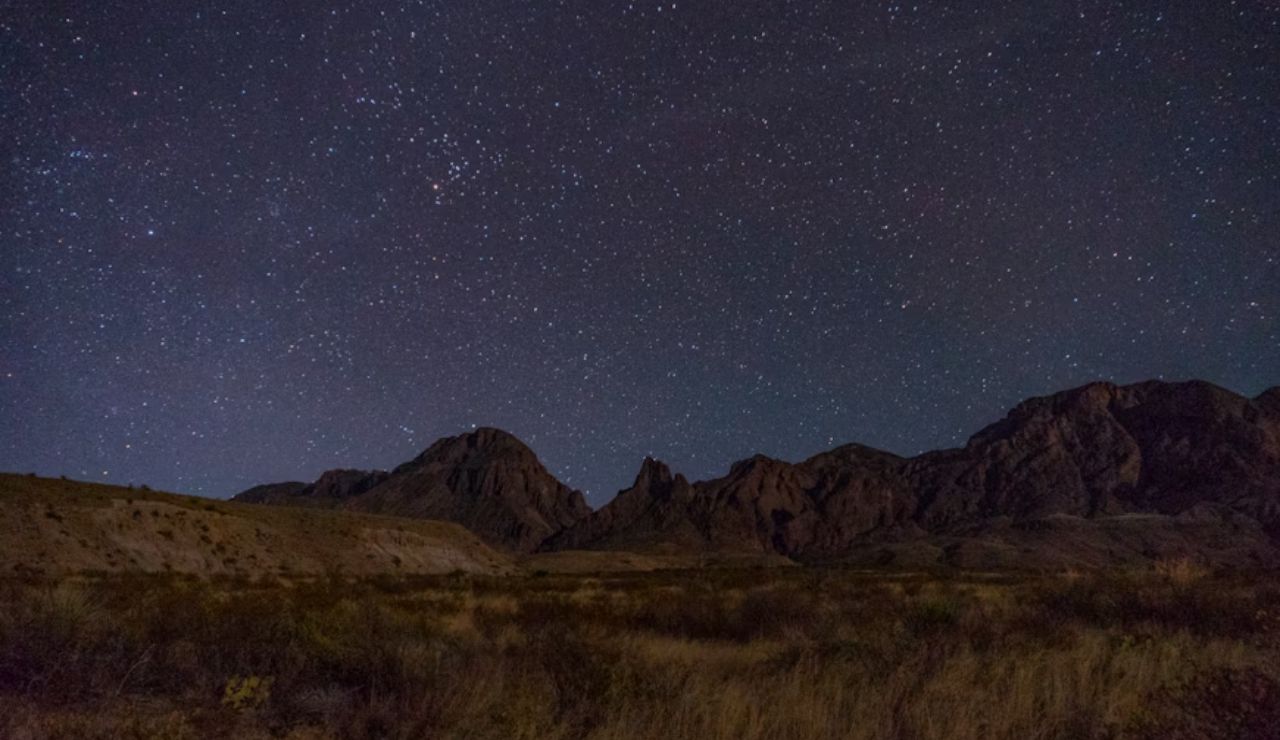
This massive 9 million-acre reserve spans Texas and Mexico, making it the largest Dark Sky Reserve on Earth. Its remote desert location offers pitch-black skies and sweeping views of the Milky Way. Even without a telescope, you can easily see major constellations, shooting stars, and planets. Attend a sky party or simply lay on a blanket under the stars. The surrounding silence and vastness amplify the serenity of this cosmic spectacle.
Yellowstone National Park, Wyoming
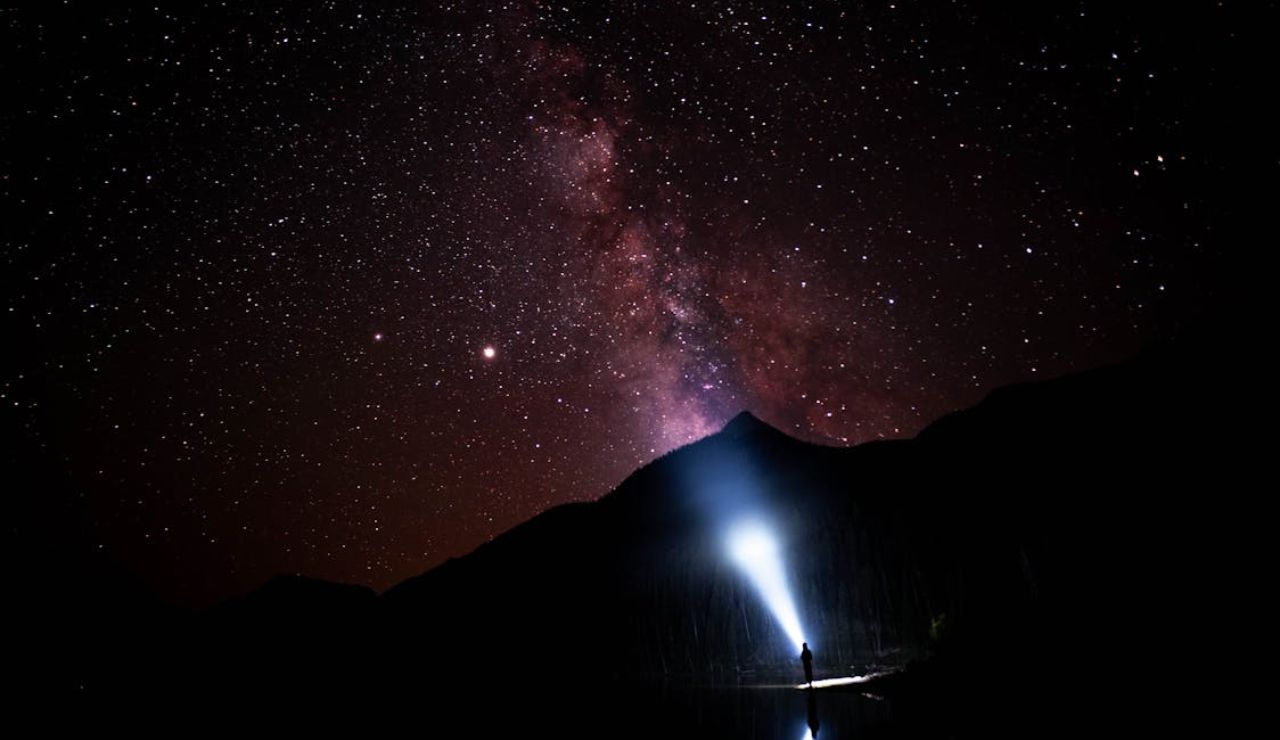
Known for its geysers and wildlife, Yellowstone also offers unexpectedly great stargazing. Once the sun sets, the park transforms into a quiet sanctuary of darkness, especially in the Lamar and Hayden Valleys. With minimal artificial light and wide open skies, it’s easy to spot constellations, satellites, and even the Milky Way. Rangers occasionally host astronomy programs, but even without one, Yellowstone’s remote landscape delivers a breathtaking celestial show, no telescope required.
Grand Canyon National Park, Arizona
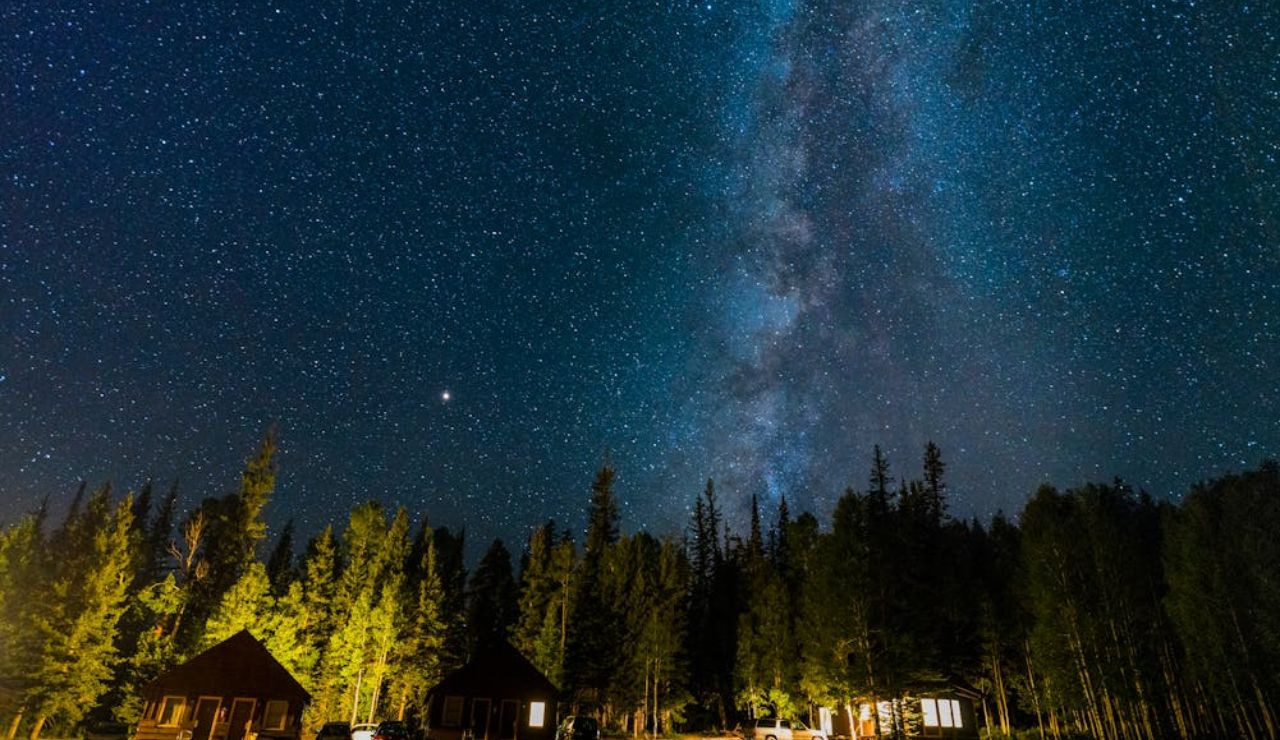
While most visitors focus on the canyon by day, it’s the nighttime skies that leave many speechless. Designated as a Dark Sky Park, Grand Canyon offers multiple stargazing points where you can view thousands of stars. The park hosts seasonal star parties and ranger-led constellation tours, but even from the canyon’s edge, the night sky glows with starlight. It’s one of the few places where celestial beauty rivals the grandeur below.
Paonia, Colorado
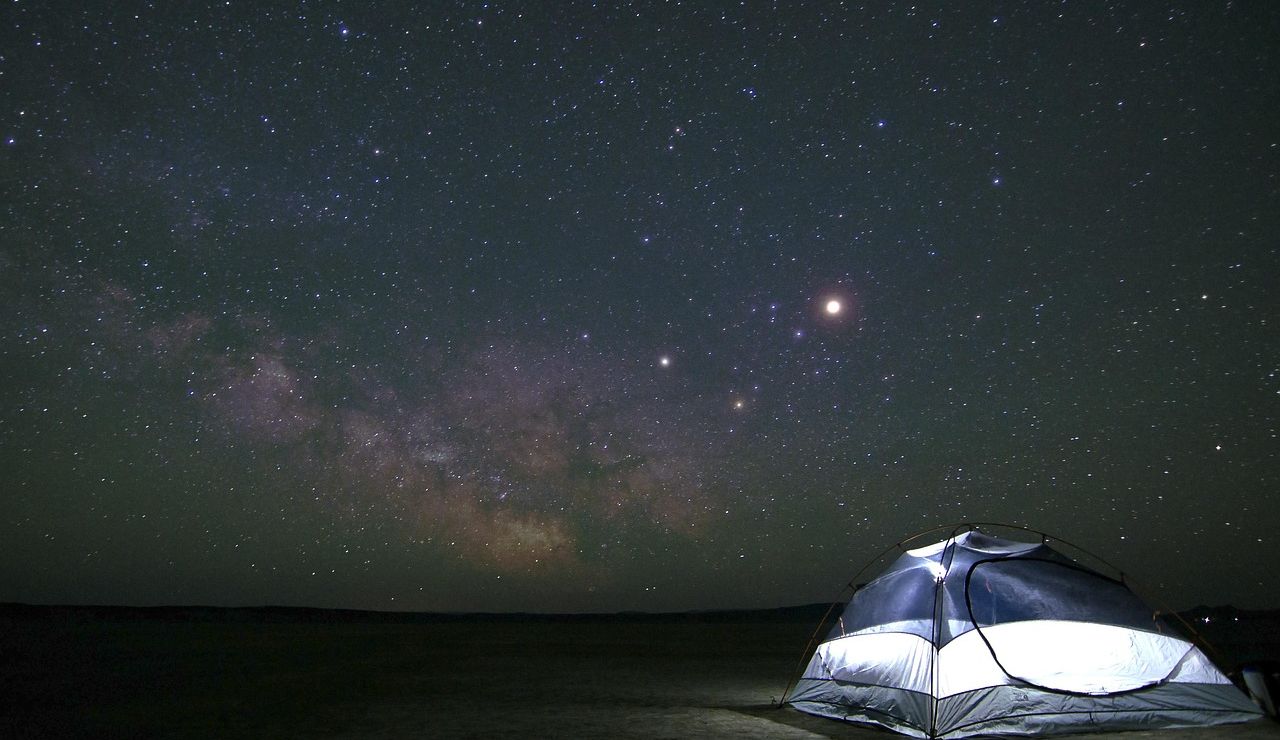
Paonia is one of Colorado’s newest Dark Sky Communities. This small town sits near several public lands and national forests that help protect its exceptionally dark skies. With minimal light sources and broad open views, you don’t need any special equipment to enjoy the celestial show. Visitors are drawn by its organic farms and vineyards by day and its breathtaking views of the Milky Way by night. A peaceful spot perfect for quiet star-chasing.
Anza-Borrego Desert State Park, California
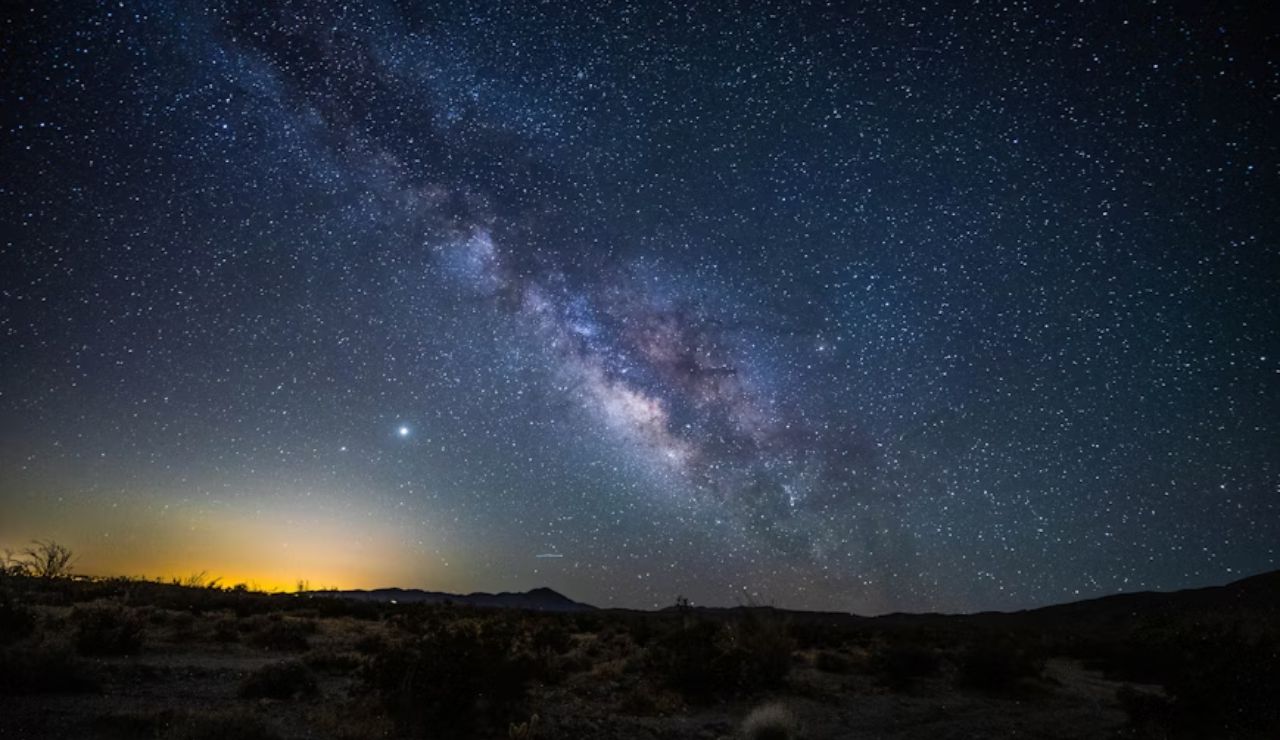
California’s largest state park transforms into a stargazer’s paradise after sundown. With its remote desert location and minimal light pollution, Anza-Borrego is a certified Dark Sky Park. The nearby town of Borrego Springs is also a Dark Sky Community. Join a guided night sky tour or simply gaze up from your campsite, the clarity of the stars, the silence of the desert, and the sheer vastness overhead make for a magical, telescope-free night.
Palos Preserves, Illinois
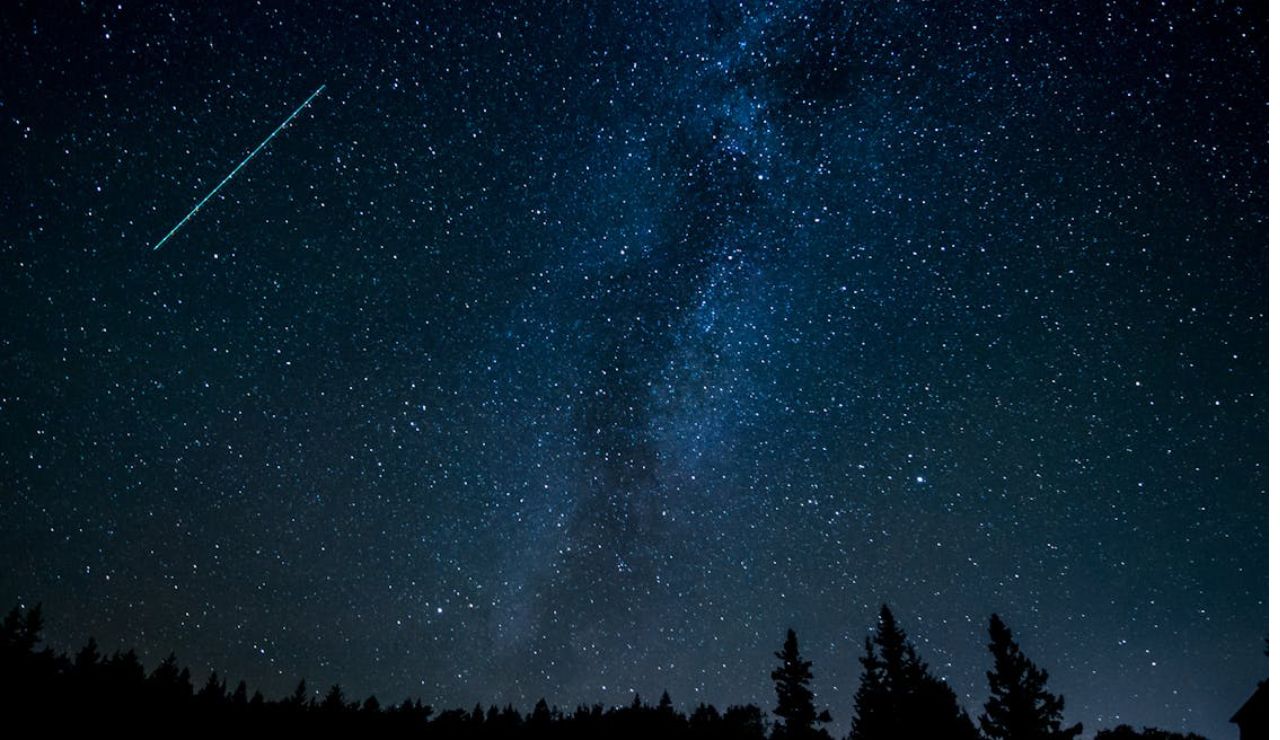
As the largest Urban Night Sky Place in the world, Palos Preserves surprises stargazers near Chicago. Within the 70,000-acre Forest Preserves of Cook County, you’ll find designated stargazing areas and regular astronomy events. Though it sits just outside a major city, careful planning and lighting regulations preserve its night skies. Lay out at Camp Bullfrog Lake or join a full moon walk, it’s a rare urban escape for peaceful star viewing.
Joshua Tree National Park, California
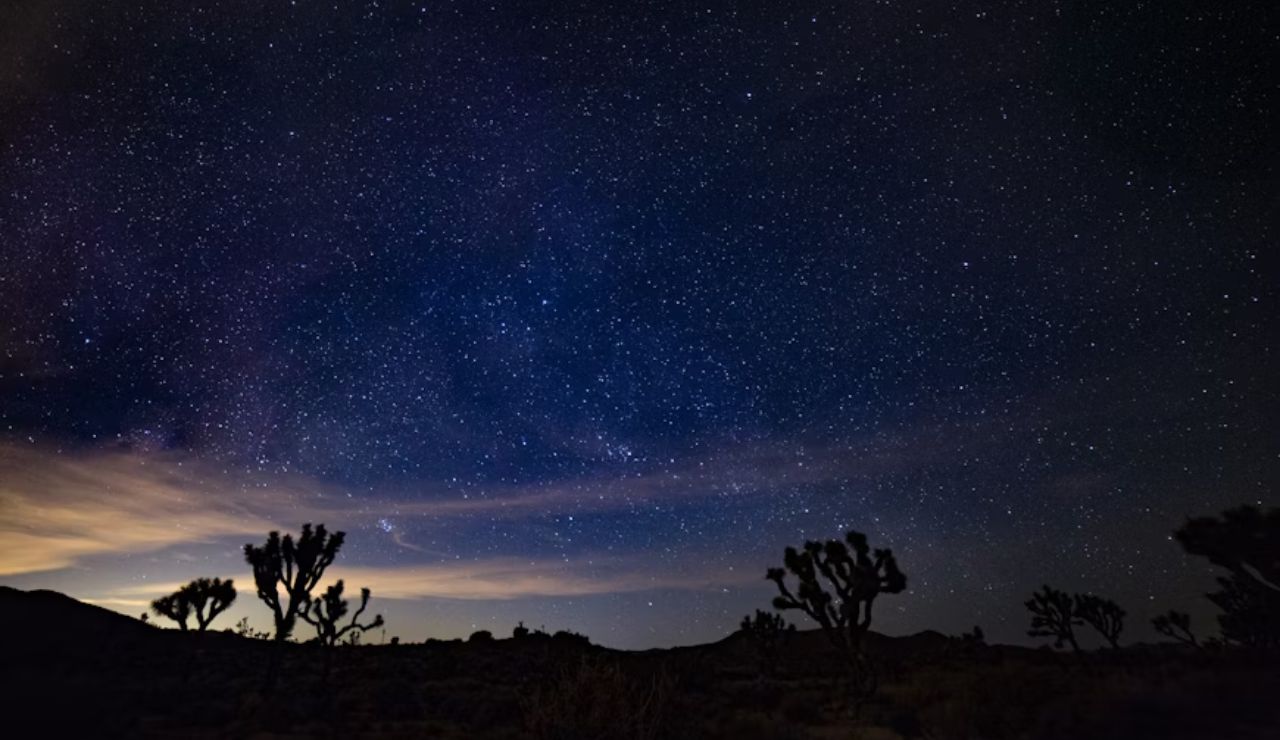
With its twisted trees and vast desert plains, Joshua Tree becomes otherworldly under the stars. Designated a Dark Sky Park, it offers incredibly clear views of the Milky Way, meteor showers, and planets. Multiple areas within the park, like Hidden Valley and Cap Rock, are ideal for nighttime exploration. You don’t need a telescope to marvel at the skies here. Just find a quiet spot, lie back, and soak in the serenity above.
Cosmic Campground, New Mexico
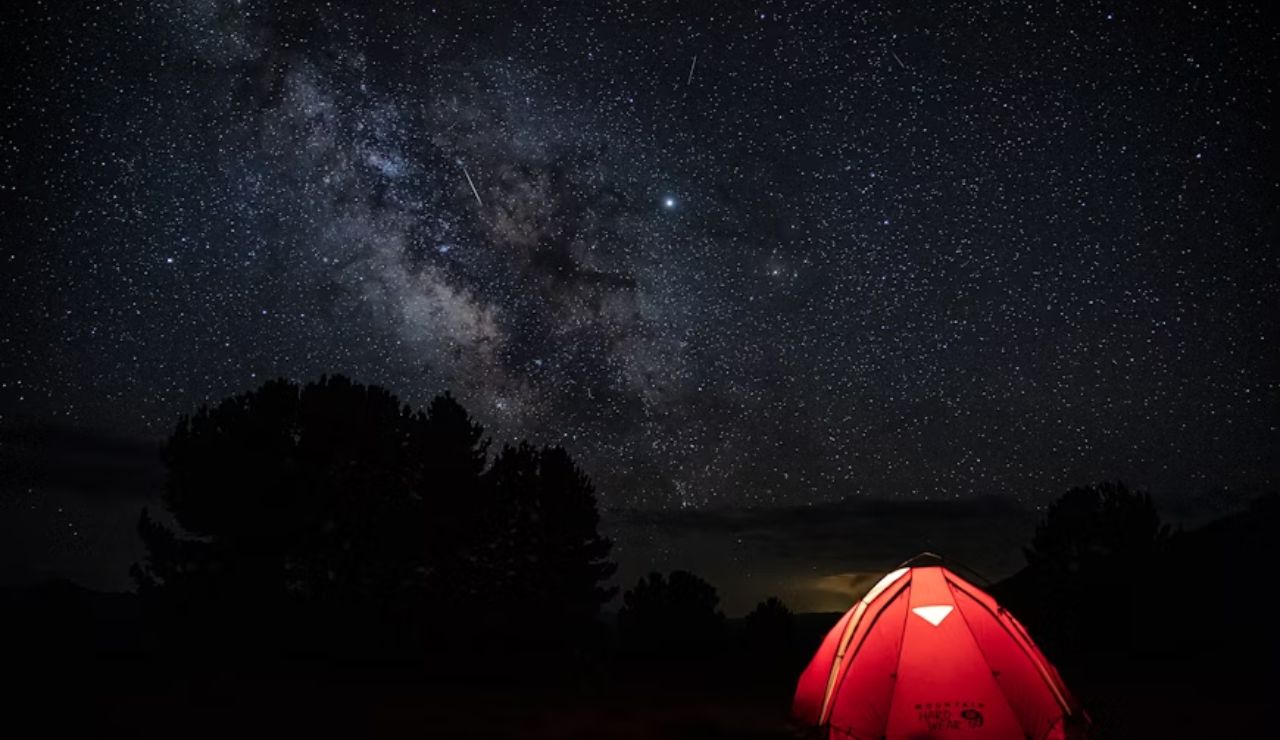
Located in Gila National Forest, this 3.5-acre sanctuary is the first International Dark Sky Sanctuary in North America. Its remote location, over 40 miles from any artificial light, ensures unparalleled darkness. The campground is free and has telescope pads, but even the unaided eye can catch a dazzling array of stars. Bring a red flashlight, pack a sleeping bag, and enjoy an undisturbed night of celestial wonder in complete silence.
Death Valley National Park, California
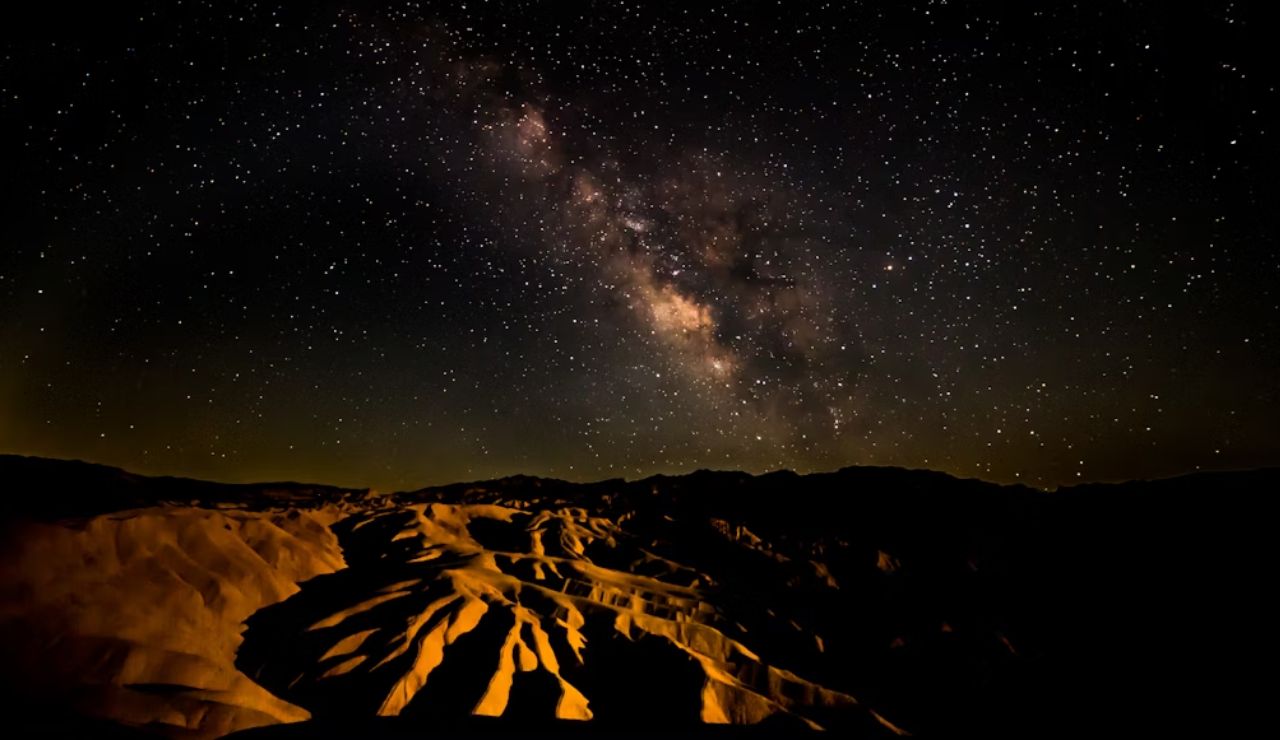
The lowest point in North America is also one of the best places to look up. Death Valley’s vast desert, dry air, and distance from major cities create perfect conditions for stargazing. Head to spots like Mesquite Flat Sand Dunes or Harmony Borax Works for unobstructed views of the Milky Way. The park also hosts night sky talks and special events with rangers. Even without a telescope, the stars here feel incredibly close, like a private show in total silence.
Alabama Hills, California
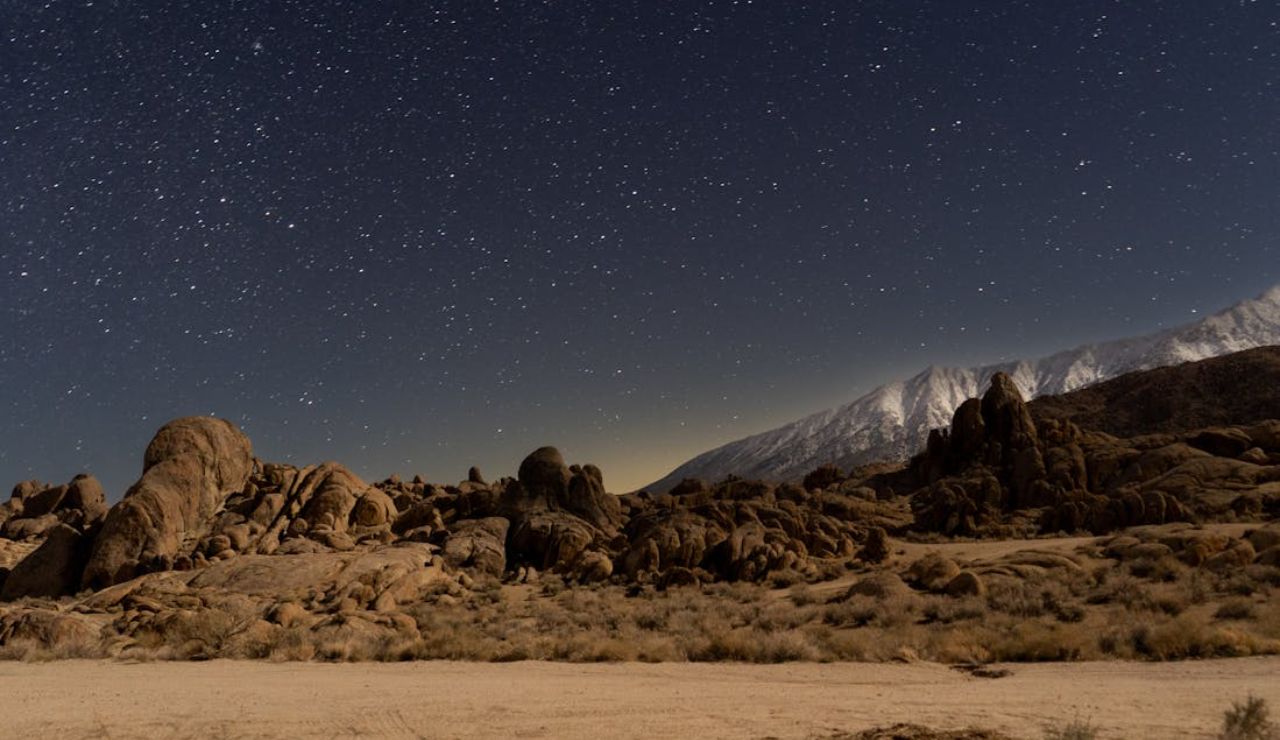
Nestled at the base of the eastern Sierra Nevada, Alabama Hills offers otherworldly rock formations and crystal-clear desert skies. This quiet spot near Lone Pine is a favorite among filmmakers and stargazers alike. With little light pollution and wide-open views, it’s a perfect place to spot constellations, shooting stars, and even the Milky Way without a telescope. Set up near Mobius Arch for a natural frame to your night sky photos, and stay overnight at a dispersed campsite for maximum stargazing.